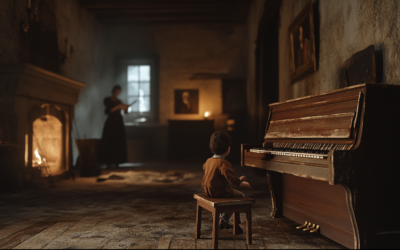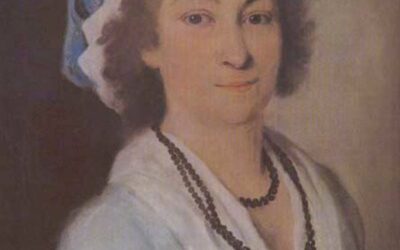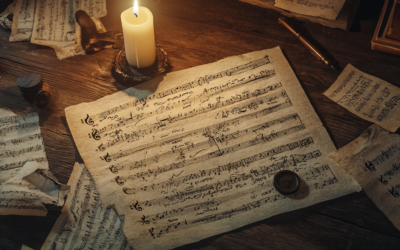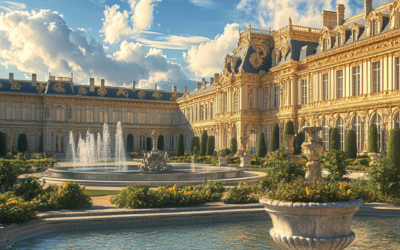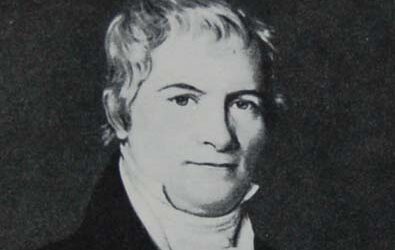The Return of Gatti's Aria
Our Revision Takes the Stage in Munich
In the magnificent Max Joseph Hall of the Residenz München, tenor Daniel Behle performed the aria “Puoi vantar le tue ritorte” by Luigi Gatti, taken from his opera Nitteti. This concertante piece, for which we composed the cadenzas, was brought to life by the Salzburger Hofmusik orchestra under the direction of Wolfgang Brunner.
Mozart: The Fall of the Gods
This book offers a fresh and critical look at the life of Wolfgang Amadeus Mozart, challenging the myths that have surrounded him for centuries. We strip away the romanticised image of the “natural genius” and delve into the contradictions within Mozart’s extensive biographies. Backed by nearly 2,000 meticulously sourced citations, this work invites readers to explore a deeper, more complex understanding of Mozart. Perfect for those who wish to question the traditional narrative, this biography is a must-read for serious music lovers and historians.
"It’s a pleasure to breathe new life into such a powerful, yet overlooked piece of music."
@MozartrazoM
We first introduced this virtuosic and spectacular music in its modern premiere in Bayreuth, where it was met with great enthusiasm. Given its success, we were thrilled to see it performed again in Munich.
Earlier this year, on 24th April, we had the opportunity to discuss this work in detail during our lecture at Bocconi University, explaining the intricate revisions we made to Gatti’s original composition. This marks another exciting milestone in reviving forgotten gems of 18th-century music and bringing them to modern audiences.
You May Also Like
The Myth of Mozart’s Childhood
Mozart’s childhood is often romanticised, but behind the myth lies a more complex reality. This post explores the hidden dynamics within his family, questioning the traditional narrative of Mozart's early years and shedding light on the forgotten role of his sister,...
Bohemia or Moravia: Reconfiguring Music History
Why does music history insist on an Austrian narrative, when the contributions of other nations are just as crucial?
The True Caregiver: A Closer Look at Mozart’s Final Days
Who truly cared for Mozart in his final days: his wife Constanze or his sister-in-law Sophie? The True Caregiver unravels this age-old mystery, challenging our perceptions and shedding light on the figures closest to the composer in his last hours.
The Mysterious Origins of Mozart’s K.115
The story of Mozart’s Mass K.115 is one of myth and mistaken identity, pointing not to Wolfgang’s genius but rather to his father Leopold’s hidden influence.
Unveiling the Truth: Mozart in Paris
Unveiling the often-overlooked reality of Mozart’s time in Paris reveals a story of manipulation and deception, far removed from the glorified narratives crafted by his father, Leopold.
The Questionable Legacy of Niemetschek’s Biography
Leopold Mozart’s life was a whirlwind of ambition, deceit, and disappointment—a stark portrait of a man chasing success at any cost.


